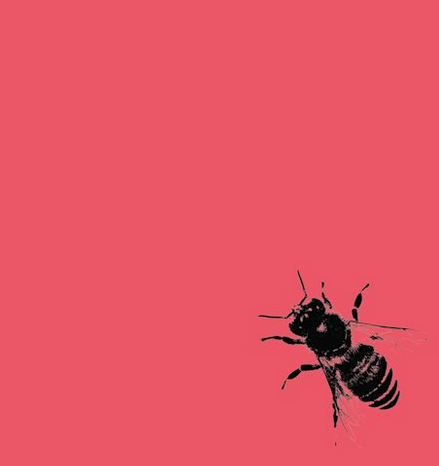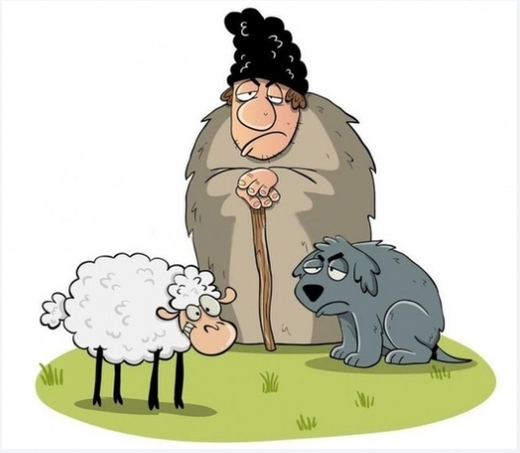I still haven’t met a single person, who consciously has made a decision to be a failure, not a single person has made a plan from his childhood to be a loser. It is natural to strive, fight, aim and rush towards a goal. Even the most broken people in our society, when asked about his dreams can produce a single dignified and worthy objective he/she wanted to be and to achieve. We all want to be successful, to be fruitful, to live an abundant and exciting life. However, when asked about success and that desired life, we often get lost in the definitions. What is measure of success then?
Admittedly, we live in the times when the measure of success is very messed up. The social media, educational institutions, marketing and advertisements portray success in a very mercantile manner. The materialistic, possessive mode of existence dominating the modern society expressed in a condensed ‘Career-Stuff&Travel’ model lays at the foundation of the success assessment. This mindset prioritizes acquisition and consumption over the more meaningful way of living. Yet, due to its immediate visibility, ‘Career-Stuff&Travel’ has undeniable argumentative power – you either have it or not. If you have it, show it; if you don’t – shush! Any attempt to challenge the status quo meets the opposition commonly expressed as: “You say so because you are poor” or “Oh, if you are so smart, why are you so poor?”
Two centuries ago Talleyrand, French statesman, has given rather exhaustive and concise argumentation against the absurdity of the claim. He said:
To make a lot of money, you do not have to be smart, but need to lack conscience (Charles Maurice de Talleyrand-Périgord).
However, the sense of superiority and self-justification are too hard to set aside. The strong mythology of materialistic success as expression of the inner riches appeals to the deepest needs of a human soul blinding one’s mind with its charm just as it was with the King Theoden from ‘The Lord of the Rings’ under the spell of Grima.
Continue reading “What is the measure of success – to have or to be”



